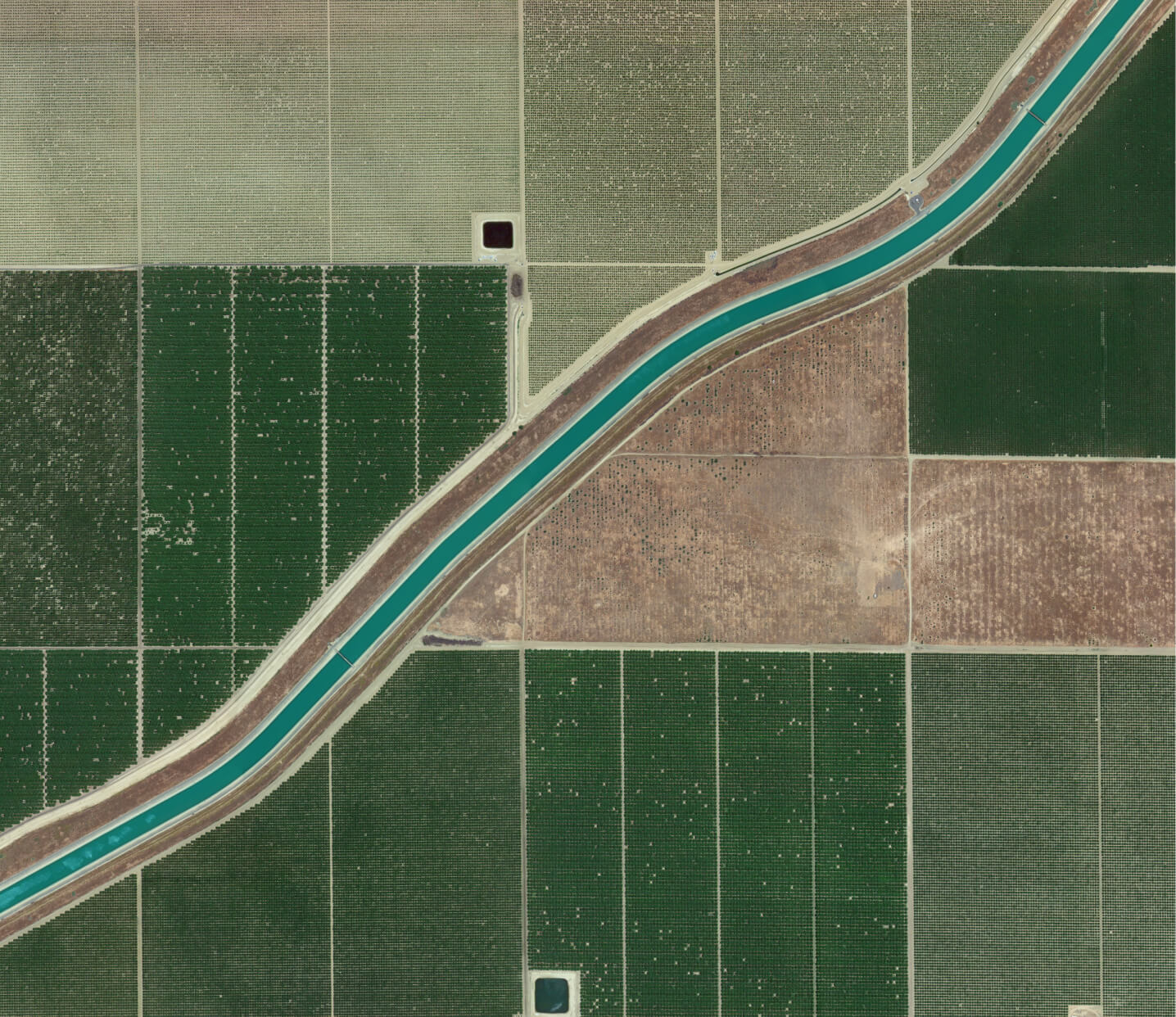Covering a wide range of scenarios, we provide both free and premium services.

The confidence to make the call on high stakes decisions.
It takes exceptional expertise and knowledge to set new paths, go further and discover the groundbreaking insights needed to instill confidence in a critical decision.
With sophisticated domain knowledge, and high-quality quantitative and mathematical capabilities, we solve for a better future through robust analytics and evidence.
Services
Endgame leverages advanced mathematical models and machine learning to generate comprehensive analyses and forecasts, providing clients with accurate, data-driven insights to optimise decision-making.

Endgame employs rigorous techniques to simulate and solve real-world problems, providing clients with precise, quantitative insights.
Our models enable optimised decision-making and the development of effective strategies in complex environments.

Endgame combines data-driven insights with expert strategic thinking, empowering clients to make informed decisions and achieve optimal outcomes.
Our approach ensures precision and clarity in addressing complex challenges in infrastructure.

Endgame focuses on creating customised solutions that enhance data analysis and streamline operations.
By leveraging cutting-edge technologies, we empower clients with robust, user-friendly tools that drive efficiency and outcomes.

We bring together a unique combination of expertise in analytics, optimisation, strategy, and deep domain knowledge across industries. Our systems deliver insightful information, that when applied, drive more informed decisions.
Industries
Our experience spans a diverse range of infrastructure-related sectors, with a strong focus on energy, water, and agriculture.
Over the years, we have gained a deep understanding of the unique challenges and opportunities within these critical industries.

With extensive experience in this sector and proven methodologies, Endgame is uniquely positioned to deliver actionable recommendations on issues such as optimising production, managing consumption, and forecasting demand.

Endgame specialises in partnering with sectors where complex, high-value decisions can be optimised through economic analysis and modelling.
Stay up-to-date
"*" indicates required fields
A systematic
approach.
Our process informs honest, evidence-driven analysis you can trust. We think further, design smarter, model deeper, and solve more effectively.